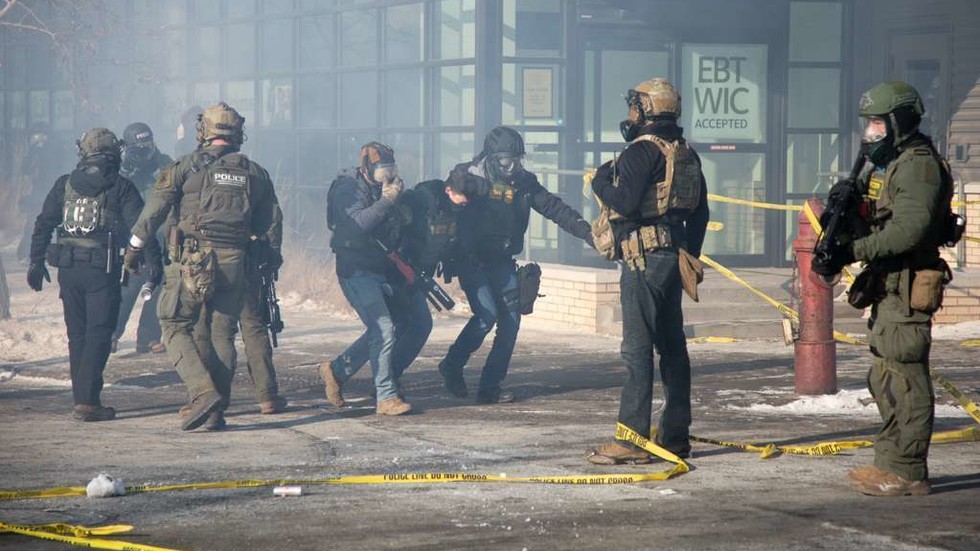In a groundbreaking development, Ireland has made a bold decision to intervene in South Africa’s genocide case against Israel at the International Court of Justice (ICJ), signaling a significant moment in global diplomacy and legal proceedings. This move, pending approval from the Cabinet, stems from Dublin’s deep concerns regarding the humanitarian crisis in Gaza and the actions of Israel, which have faced widespread condemnation from the international community.
The roots of this intervention can be traced back to the ongoing conflict in Gaza, where more than 32,200 Palestinians have lost their lives amidst widespread devastation. Previously, the ICJ had instructed Israel to refrain from actions that could be classified as genocide under the 1948 Genocide Convention. Irish Foreign Minister Micheal Martin, in a poignant statement, highlighted the dire conditions in Gaza and denounced Israel’s operations as clear violations of international humanitarian law. These violations include allegations of hostage-taking, obstruction of humanitarian aid, and deliberate targeting of civilians, among other grave accusations.
The decision made by Ireland has elicited a diverse array of responses, with various international organizations advocating for a ceasefire and increased access to humanitarian assistance in Gaza. Ireland’s intervention at the ICJ represents a courageous move, with the aim of presenting its interpretation of the relevant provisions of the Genocide Convention in question. However, this decision has not been without opposition, particularly from Israel and its allies in the West, who vehemently dispute the characterization of their actions as genocidal.
Looking ahead, this development is poised to have profound implications, not only for the directly involved parties but also for the realm of international law and the enforcement of human rights standards. The case at the ICJ has the potential to establish a precedent for addressing genocide allegations in conflicts, potentially shaping future international interventions. Moreover, it underscores the growing significance of international legal bodies in mediating and resolving conflicts, underscoring the critical importance of upholding international humanitarian law.
By taking this decisive step, Ireland is not only standing up for justice and accountability but also contributing to the global dialogue on human rights and conflict resolution. This move serves as a testament to the power of international cooperation and the pursuit of justice in the face of grave humanitarian crises.



